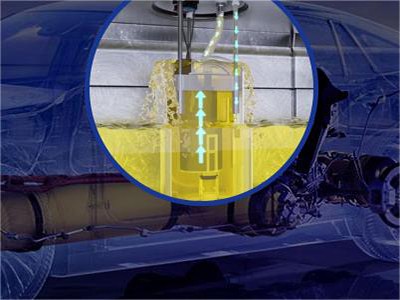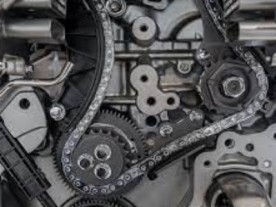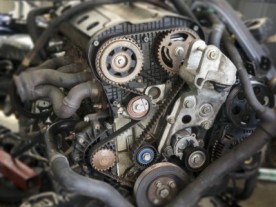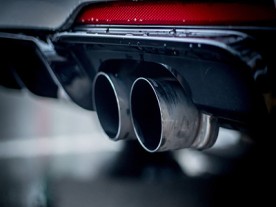How to prevent fuel pump damage
Gasoline, as a source of energy for cars, is essential for normal vehicle operation.

In daily life, people tend to pay more attention to gasoline prices and neglect the amount of gasoline left in the car's fuel tank. Many car owners do not have the habit of refueling regularly, often waiting until the fuel warning light comes on before filling up the tank. This practice is extremely undesirable because insufficient fuel can cause significant harm to the fuel pump, which is responsible for drawing fuel from the fuel tank, pressurizing it, and delivering it to the fuel system. It is one of the foundations for engine starting. When the fuel level in the tank drops, the fuel pump cannot dissipate heat properly, which can eventually lead to fuel pump failure. Therefore, it is recommended to frequently check the fuel level in the tank while driving and refuel before the gasoline reaches the red line. It is best to develop the habit of regular refueling once every one or two weeks.
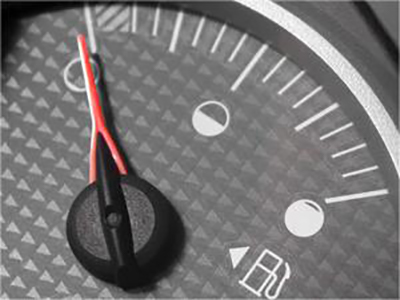
In addition to this measure, there are other ways to prevent fuel pump damage, such as:
Regularly clean the dust in the fuel filler cap and the sediment impurities at the bottom of the oil pan and filter cylinder:
Dirt entering the fuel tank can lead to clogged fuel pump filters, worn or stuck pump cores. Gasoline tends to accumulate and deposit impurities at the bottom of the tank over time. If not cleaned for an extended period, it can increase engine dust accumulation and even affect its normal operation. The filter cylinder also needs periodic cleaning; otherwise, it will block the inlet and outlet of the fuel pump, affecting its work and heat dissipation.
Refuel at legitimate gas stations:
The quality of gasoline at gas stations is guaranteed, and impure gasoline is usually not sold. Some customers seek cheap deals and buy gasoline from small places or online. Gasoline that is too cheap must be treated with caution because it is most likely impure. When these gasoline impurities enter the throttle and other parts through the pipeline, it can cause an accumulation of dust and affect the car's performance, making it unsuitable for long-term use.
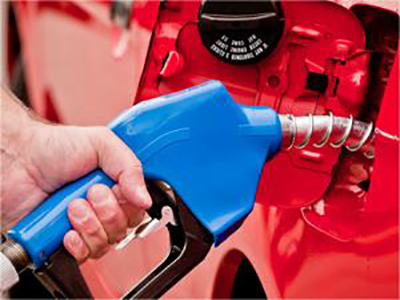
Avoid long-term parking on a slope with low fuel in the tank:
Long-term parking on a slope, when the fuel level is low, can cause the fuel pump's oil storage box to malfunction by not storing oil properly, leading to incomplete submersion of the fuel pump core in gasoline, which can lead to corrosion problems. Therefore, if you are not using your vehicle for an extended time, it is best to park it on a level surface.
Avoid leaving the vehicle unused for a long time:
If gasoline is stored for a long time, it can become oxidized and deteriorated, causing incomplete combustion, carbon accumulation, and clogging of the engine oil circuit or fuel pump, leading to poor engine performance.

